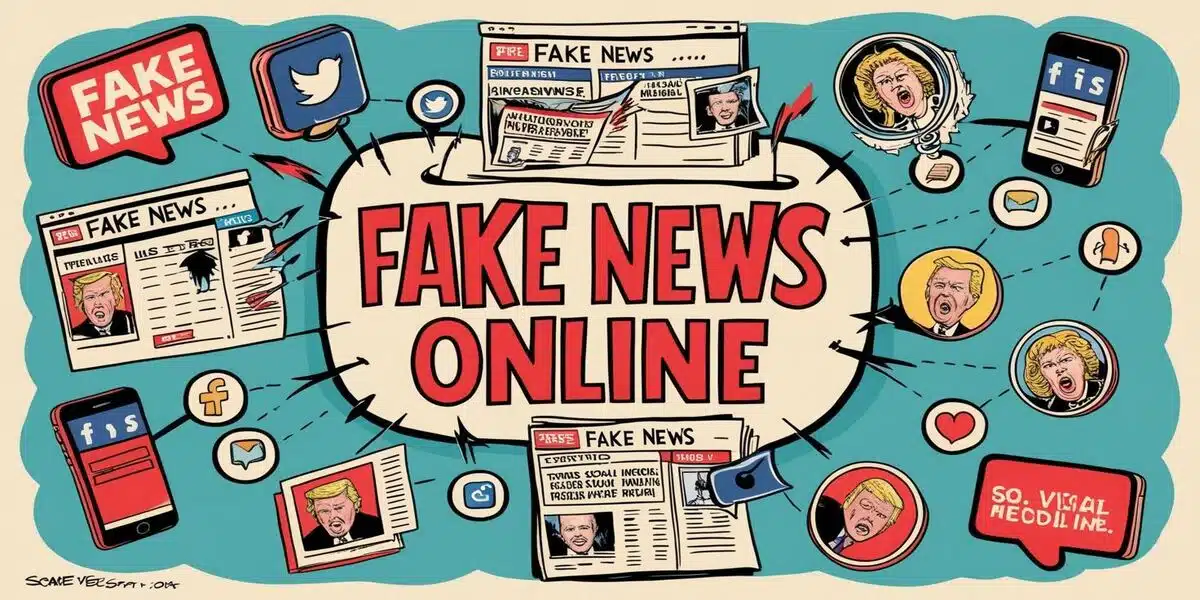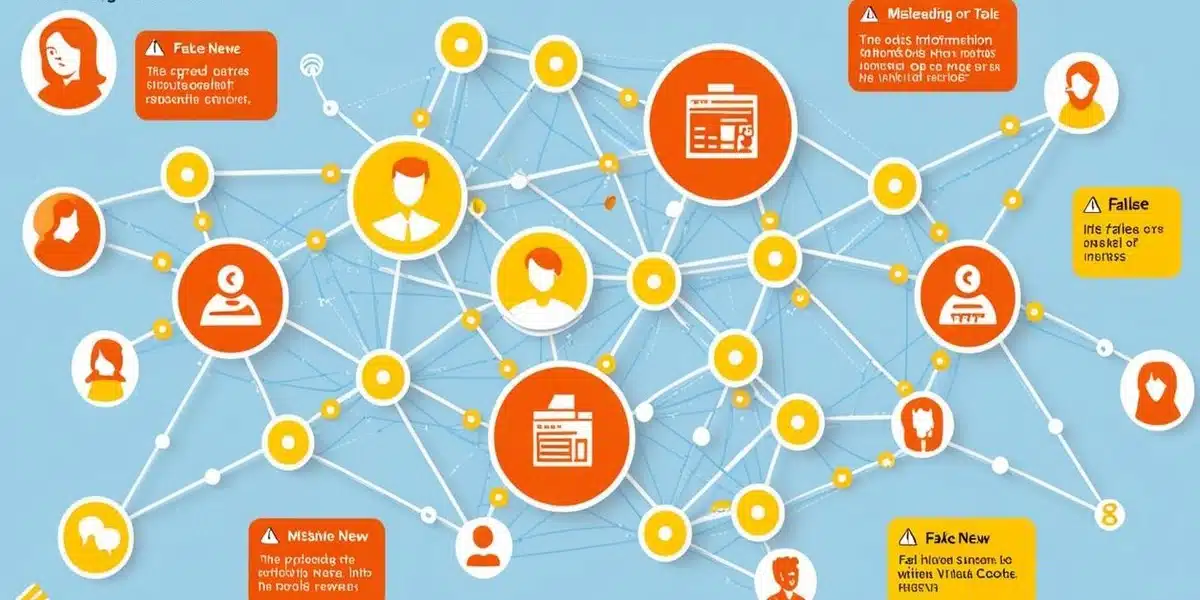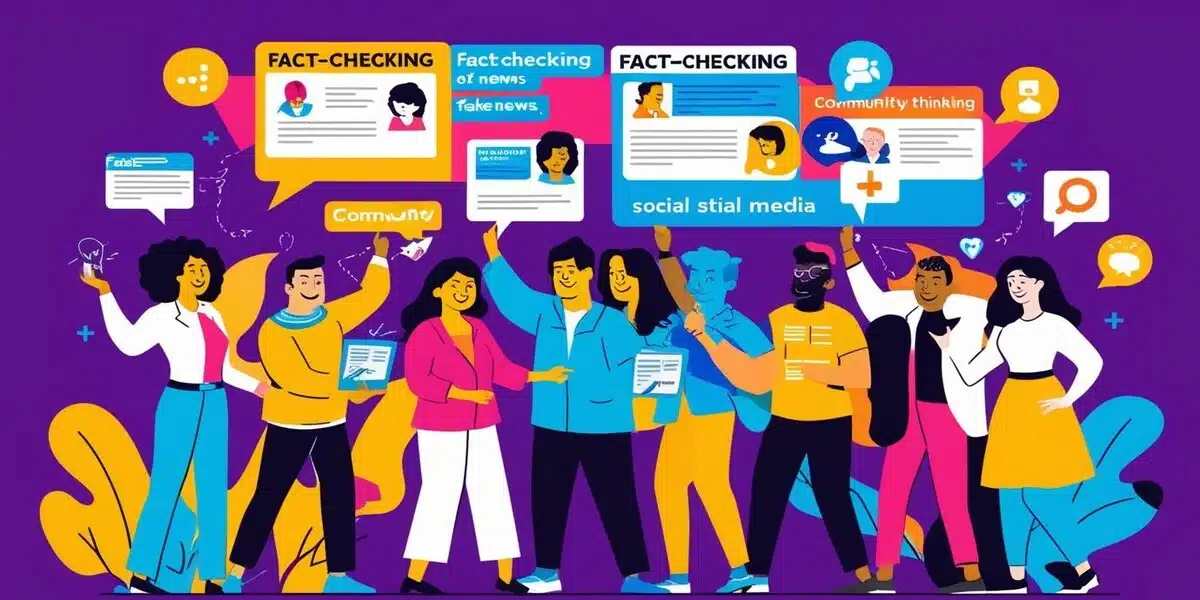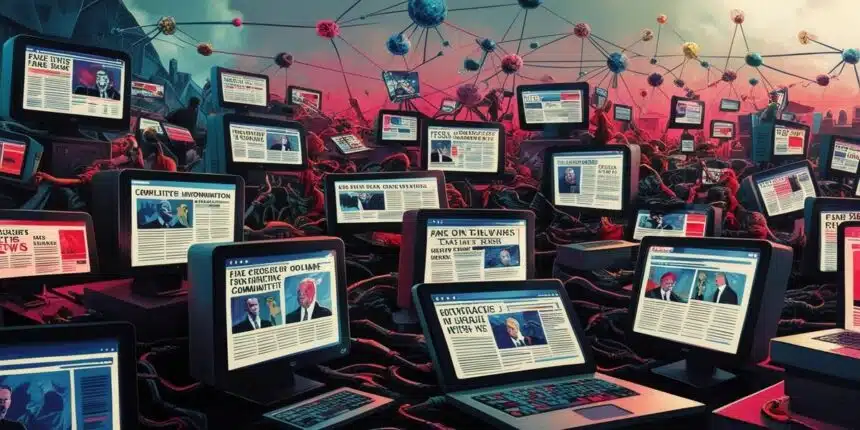Online communities today are the hub of social interaction, where like-minded folks gather to share interests, exchange discussion, or chill out with some light entertainment. Yet, disseminating fake news in the online environments can bring dire outcomes. Here, we elaborate on the effects of misinformation in the context of virtual communities, by examining the consequences of misinformation with regard to the leisure and entertainment.
Understanding Online Communities
Online communities are virtual spaces where people come together over common interests, hobbies, or ambitions. These communities can vary in topic from beloved figures in popular culture to obscure subject matters. Billions of users on sites like Reddit, Facebook groups, TikTok, and Twitter (now X) talk, share content, and connect.
Online communities are more potent due to the feeling of belonging. The members share a common identity regardless of geography. This interconnectedness, however, also exposes them to misinformation.
Types of Communities
There are different types of online communities based on their purpose and focus. Here are some common types:
- Interest-Based Communities: These are based on mutual hobbies or interests like photography, gardening, and gaming. Fo example, subreddits or hobby groups on Facebook.
- Professional Communities: These focus like networking and career advancement. A good example of this type of social media would be LinkedIn groups and forums for programmers, such as Stack Overflow.
- Lifestyle Communities: Focus on niche topics or interests, like communities for parenting, fitness, travel, etc.
- Fan Communities: Focused on specific entertainment genres, artists, or franchises. For example, Goodreads for books, Discord for gamers, etc.
- Social Communities: These communities are used largely for socializing and keeping in touch with others. They are hosted on Facebook, Instagram, and the like.
- Local or Regional Communities: Locations-specific groups focused on conversations about local topics and events, like those on Nextdoor.
Each type is designed for specific objectives and encourages different ways of engaging with each other.
What is Fake News?
Fake news refers to false or misleading information that appears to be factual news. This could be everything from a complete fake news story or a manipulated image or video to mislead the viewer. Such information can spread like a virus through social media; if one user posts fake news, for instance, other users tend to re-post it without confirming whether it is true.

How Fake News Spread in a Virtual Community
There are a couple of reasons why virtual communities make the spread of fake news easier:
- Echo chambers: Online communities often serve as echo chambers in which members amplify one another’s beliefs. This environment lays the ground for the spread of fake news and unchecked information.
- Algorithmic amplification: Social media networks employ algorithms that prioritize content that draws in engagement, which may lead to the viral spread of sensational or false information.
- Lack of accountability: Online platforms provide an opportunity for people to spread false information without being held accountable for their actions.
- Use of emotional language: Fake news often employs emotional language or visuals that attract users and compel them to share without critically evaluating the content.
Impact on Entertainment
Fake news in online communities affect entertainment. They significantly impact how people consume media, interact with fan groups, and their engagement in leisure activities.
- Distorting Fan Experiences
In fandoms—communities of fans who share a common interest in a particular celebrity, movie, television show, or musical genre—fake news could influence how people view artists or events. For example:
- Rumors about celebrities without any basis may tarnish their reputation, or create unnecessary drama within fan groups.
- Edited videos and fabricated stories add misleading details that could confuse fans regarding idols’ true intent or actions.
This kind of misinformation not only interrupts the fans engagement but also creates rifts in fandoms.
- Misleading Leisure Decisions
Fake news has the power to affect leisure activities such as travel plans, event attendance, or streaming habits:
- Many people are afraid, and they are dropping their plans to go out to some enjoyable venues due to false news that some particular area is no longer safe for traveling or that some scheduled event has been canceled.
- Misinformation about streaming platforms or subscription services may lead users into making uninformed choices around how they consume their entertainment.
- Promoting Antisocial Behavior
Misinformation can lead to fighting in online communities:
- These false narratives can morph into toxic fan wars.
- Trolls and malicious actors use fake news to spark outrage and destroy community cohesion.
These types of behaviors destroy the positive social nature of entertainment-centric communities.

Case Study: BTS ARMY Fandom
The BTS ARMY fandom is a striking example of how fake news affects entertainment-oriented online communities:
- There are times when the global fanbase is faced with the wrong information on what the band is doing or how their management company is handling things. Edited videos of BTS in distressed situations were shared to make it seem that BTS is being exploited by the agency.
- Fans have devised strategies to combat misinformation, such as fact-checking and disseminating confirmed information.
- Regardless of these actions, fake news continues to plague the community’s interactions and the members’ experience.
This demonstrates the dilemma that fake news creates and how fandoms can overcome it.
Effects of Fake news on Leisure Activities
Fake news reaches beyond entertainment into the wider leisure space:
- Travel: Misleading info about destinations—including exaggerated safety risks—can make people reconsider their trip plans.
- Gaming: Rumors about game updates or developers’ controversies may affect players engagement.
- Sports: False news about players or teams can change followers’ views and lessen the enjoyment of sports events.
Psychological Impact
The psychological consequences of fake news are serious:
- The constant exposure to misinformation causes cynicism and suspicion within online communities.
- Emotional manipulation through sensational content, which may invoke anxiety or anger in users.
- It becomes incredibly draining, maybe even impossible, to enjoy information without the burden of fact-checking and double-checking. Thus, we feel a decline in its overall value as a pastime.
How to fight Fake News in Social Communities

Fake news has been spreading like a virus. Over the years, a number of strategies have been adopted by social communities to fight back:
- Fact-Checking Efforts: Members actively fact-check news before they share it with people.
- Education: Media Literacy enables users to recognize verified sources and debunk false claims.
- Community Guidelines: A ban on misinformation creates a better space for all.
- Private Channels: Many groups have private channels that they use to communicate and attempt to keep away from sensationalized content.
These methods not only help mitigate the spread of fake news but also enhance the resilience of online communities.
Role of Platforms to fight Fake News
Social media platforms have a big role of in addressing fake news:
- Change in Algorithms: Facebook and X have tried algorithms that weighed verified content higher than sensationalized posts.
- Content Moderation: AI tools can identify and tag false content so that users can make better decisions.
- Transparency: Platforms need to be transparent about the functionalities they have so users can trust them.
Nevertheless, these efforts are often criticized as inadequate or even biased.
Conclusion
One of the most significant problems for online communities, particularly those relating to entertainment and leisure activities, is fake news. It skews fan experiences, influences their entertainment preferences, promotes uncharacteristic behavior, and impacts social and mental health. Although community-driven tactics give us some hope for fighting back against misinformation, social media companies simply need to do more.
Did you know that social media has a big role in spreading rumors? Don’t forget to follow us on Facebook and Twitter to get the latest gossip.
Sources:
- www.mdpi.com/2076-3417/13/21/11719
- www.ncbi.nlm.nih.gov/articles/PMC8767040/
- www.mdpi.com/2076-0760/12/12/674
All images from pixabay.com











